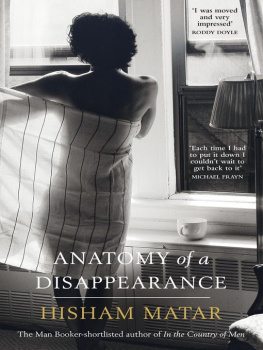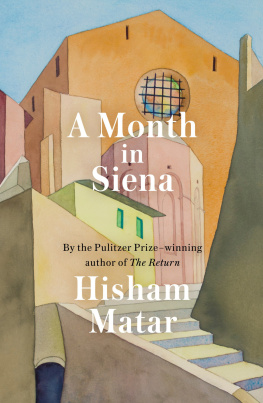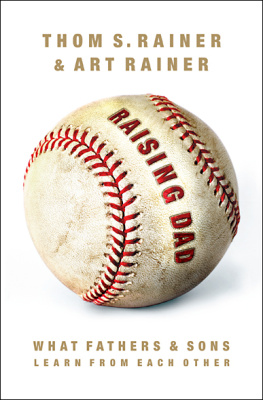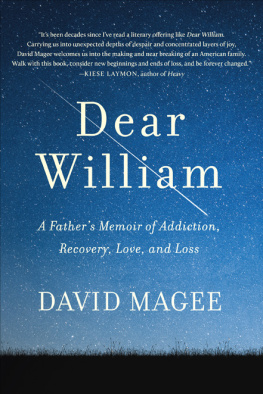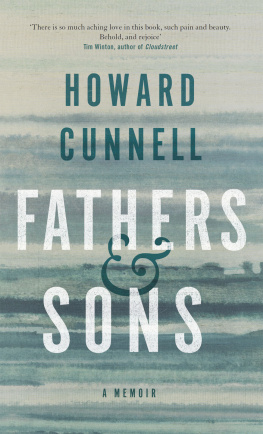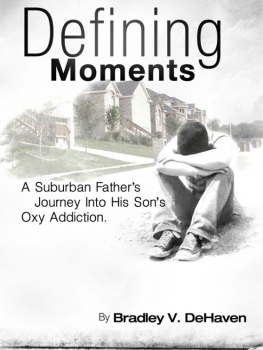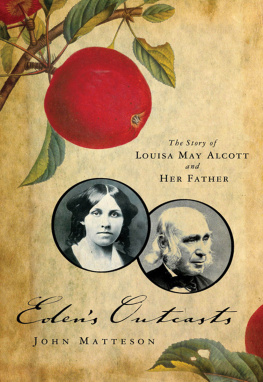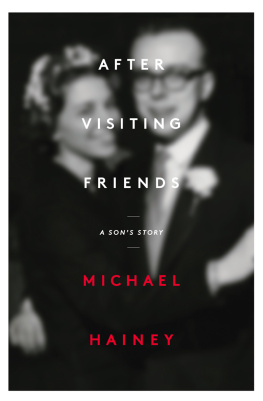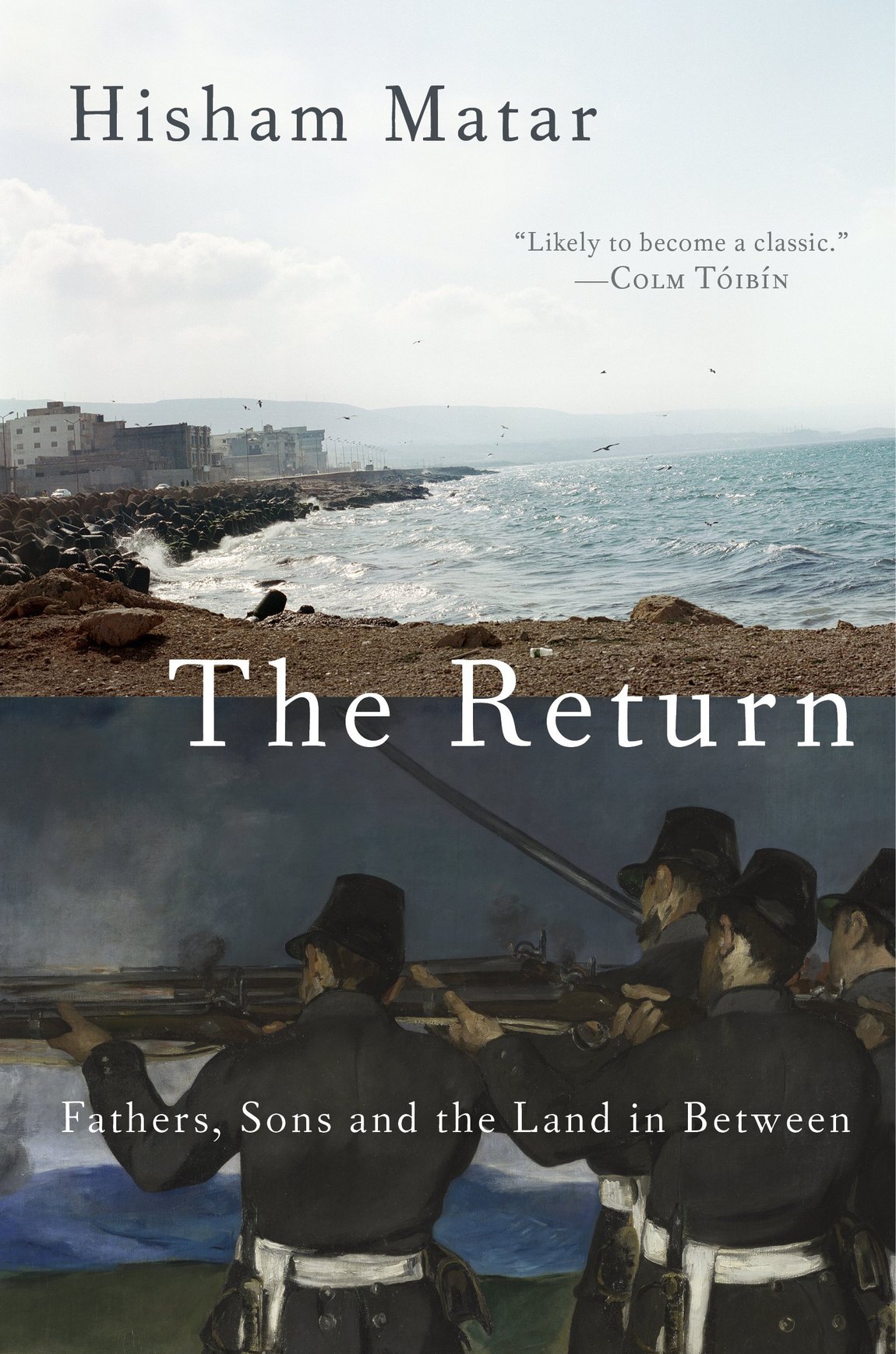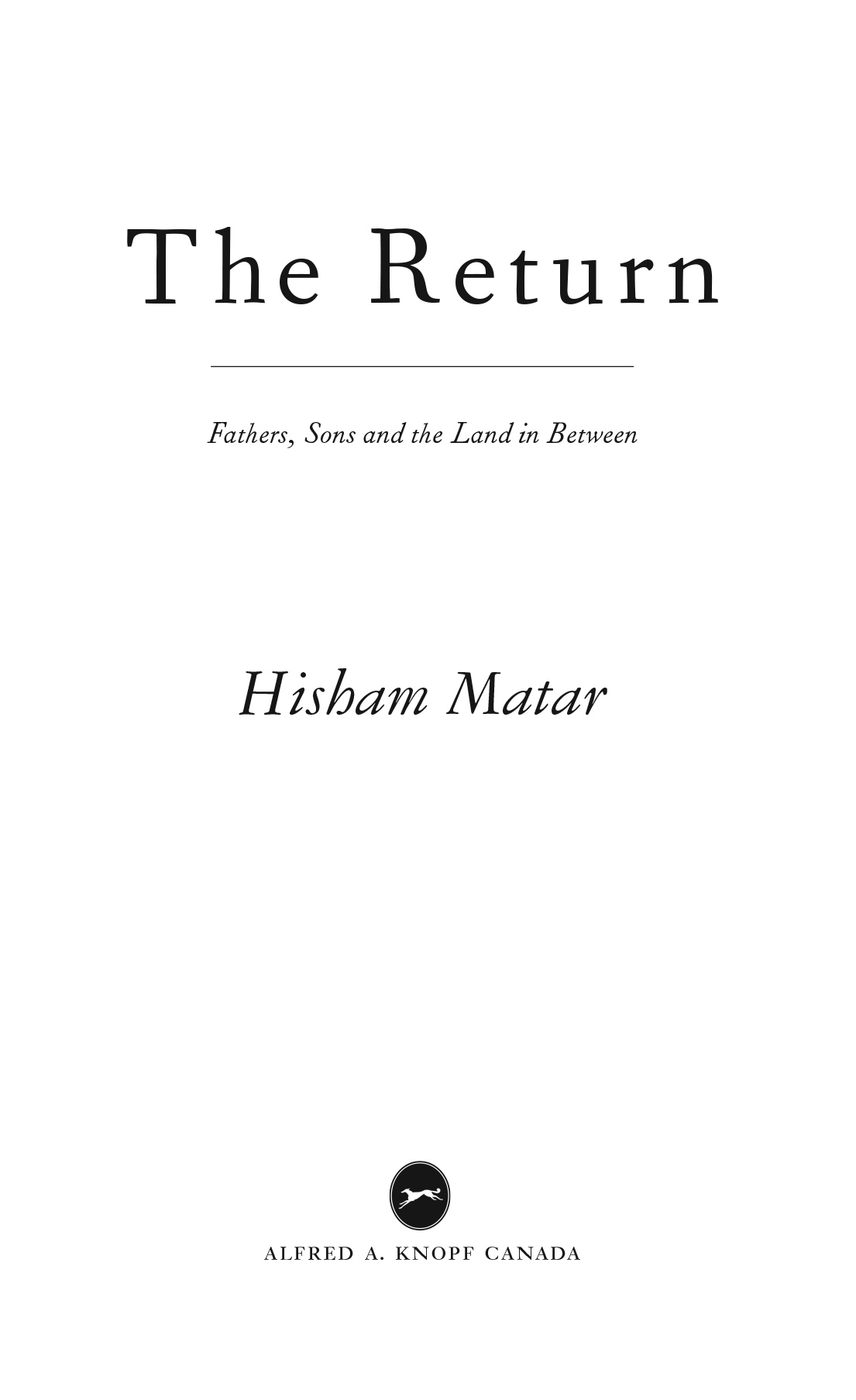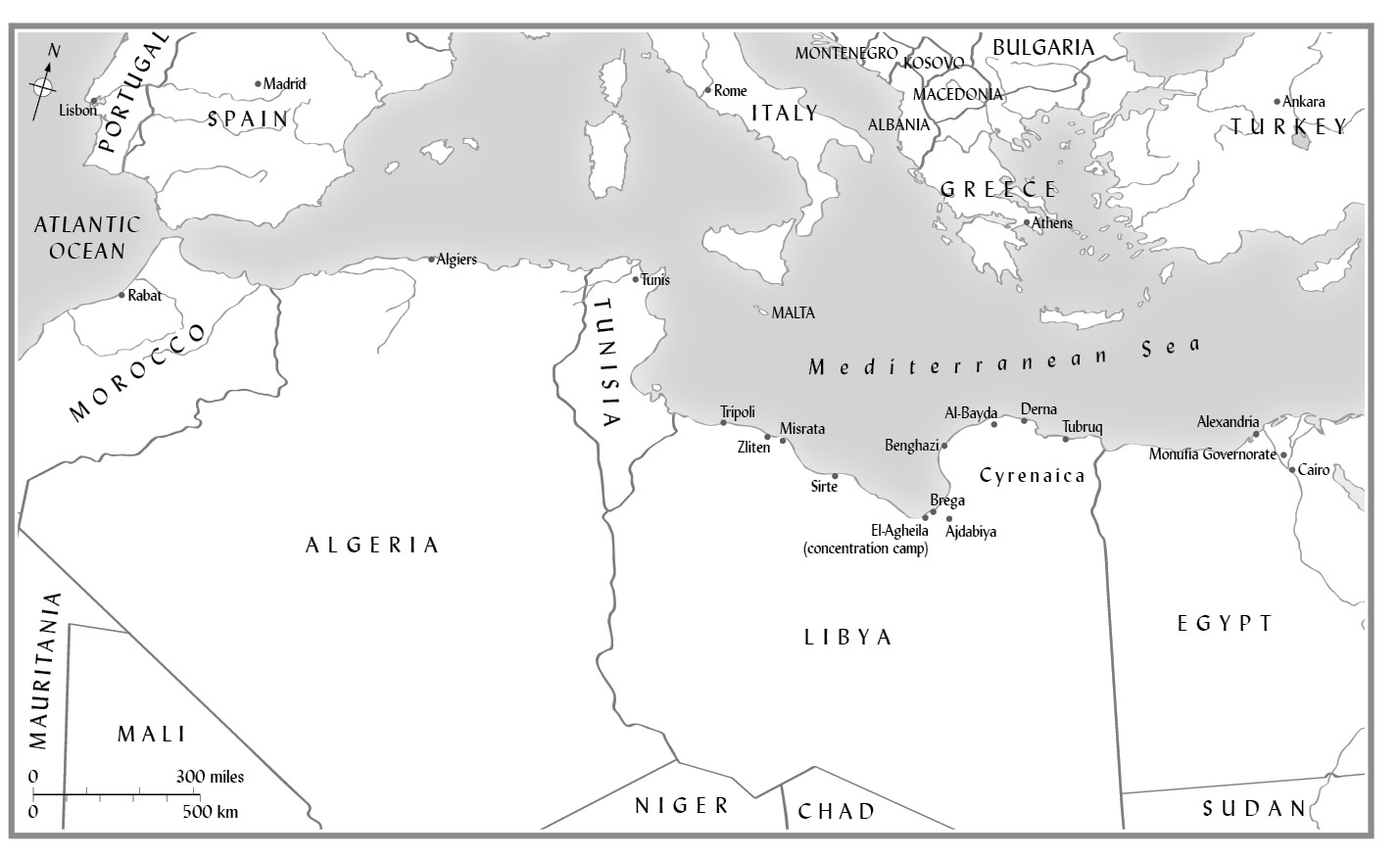Hisham Matar - The Return: Fathers, Sons and the Land in Between
Here you can read online Hisham Matar - The Return: Fathers, Sons and the Land in Between full text of the book (entire story) in english for free. Download pdf and epub, get meaning, cover and reviews about this ebook. year: 2016, publisher: Random House, genre: Detective and thriller. Description of the work, (preface) as well as reviews are available. Best literature library LitArk.com created for fans of good reading and offers a wide selection of genres:
Romance novel
Science fiction
Adventure
Detective
Science
History
Home and family
Prose
Art
Politics
Computer
Non-fiction
Religion
Business
Children
Humor
Choose a favorite category and find really read worthwhile books. Enjoy immersion in the world of imagination, feel the emotions of the characters or learn something new for yourself, make an fascinating discovery.

- Book:The Return: Fathers, Sons and the Land in Between
- Author:
- Publisher:Random House
- Genre:
- Year:2016
- Rating:5 / 5
- Favourites:Add to favourites
- Your mark:
The Return: Fathers, Sons and the Land in Between: summary, description and annotation
We offer to read an annotation, description, summary or preface (depends on what the author of the book "The Return: Fathers, Sons and the Land in Between" wrote himself). If you haven't found the necessary information about the book — write in the comments, we will try to find it.
When Hisham Matar was a nineteen-year-old university student in England, his father went missing under mysterious circumstances. Hisham would never see him again, but he never gave up hope that his father might still be alive. Twenty-two years later, he returned to his native Libya in search of the truth behind his fathers disappearance.The Returnis the story of what he found there.
The Pulitzer Prize citation hailedThe Returnas a first-person elegy for home and father. Transforming his personal quest for answers into a brilliantly told universal tale of hope and resilience, Matar has given us an unforgettable work with a powerful human question at its core: How does one go on living in the face of unthinkable loss?
NAMED ONE OF THE BEST BOOKS OF THE YEAR BY
Michiko Kakutani,The New York Times-The Washington Post-The Guardian - Financial Times
A tale of mighty love, loyalty and courage. It simply must be read.--The Spectator(U.K.)
Wise and agonizing and thrilling to read.--Zadie Smith
[An] eloquent memoir . . . at once a suspenseful detective story about a writer investigating his fathers fate . . . and a sons efforts to come to terms with his fathers ghost, who has haunted more than half his life by his absence.--Michiko Kakutani,The New York Times
This outstanding book . . . roves back and forth in time with a freedom that conceals the intricate precision of its art.--The Wall Street Journal
Truly remarkable . . . a book with a profound faith in the consolations of storytelling . . . a testament to [Matars] father, his family and his country.--The Daily Telegraph(U.K.)
The Returnis a riveting book about love and hope, but it is also a moving meditation on grief and loss. . . . Likely to become a classic.--Colm Tibn
Matars evocative writing and his early traumas call to mind Vladimir Nabokov.--The Washington Post
Utterly riveting.--The Boston Globe
A moving, unflinching memoir of a family torn apart.--Kazuo Ishiguro,The Guardian
Beautiful . . .The Return,for all the questions it cannot answer, leaves a deep emotional imprint.--Newsday
A masterful memoir, a searing meditation on loss, exile, grief, guilt, belonging, and above all, family. It is, as well, a study of the shaping--and breaking--of the bonds between fathers and sons. . . . This is writing of the highest quality.--The Sunday Times(U.K.)
Hisham Matar: author's other books
Who wrote The Return: Fathers, Sons and the Land in Between? Find out the surname, the name of the author of the book and a list of all author's works by series.

